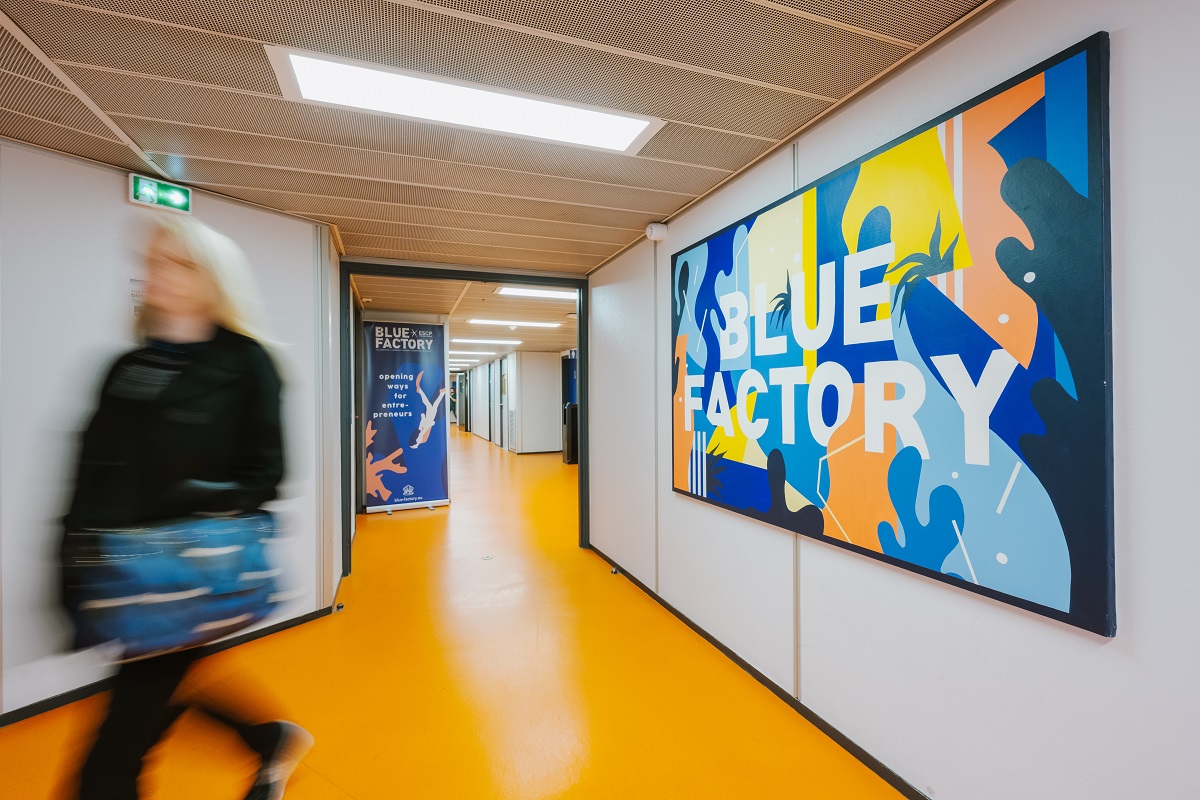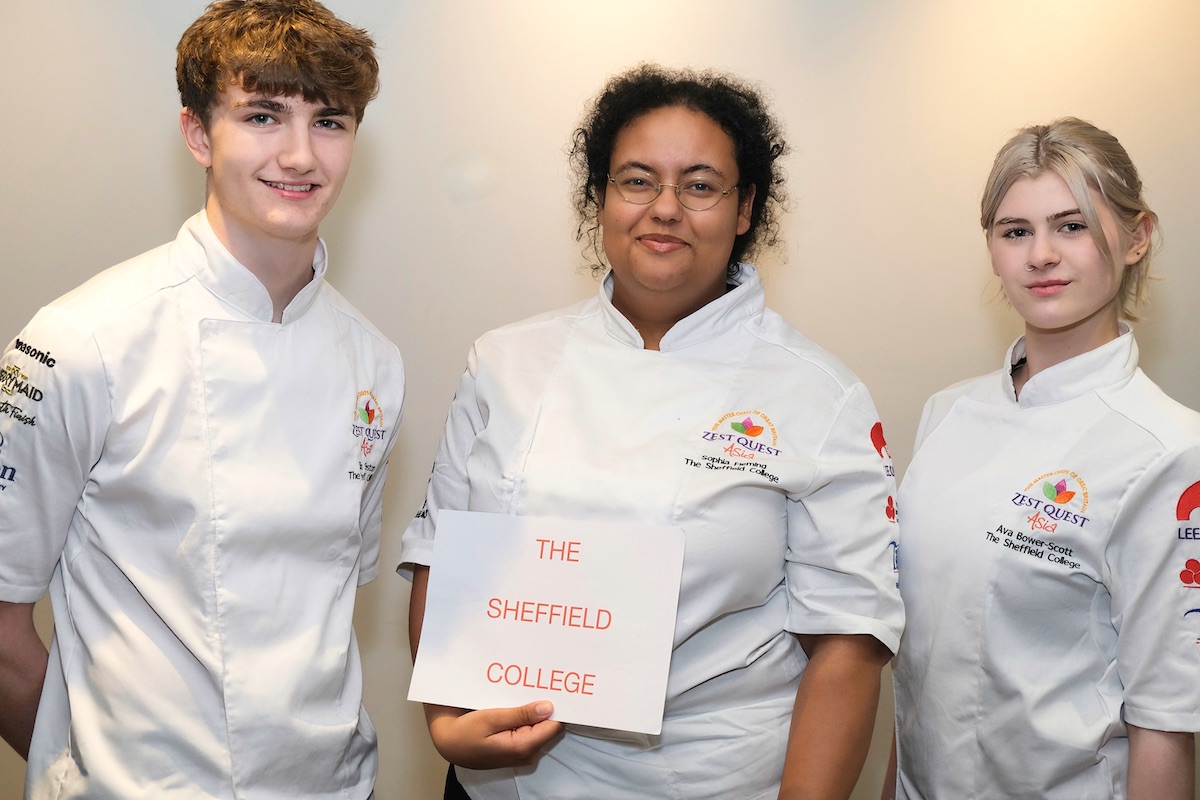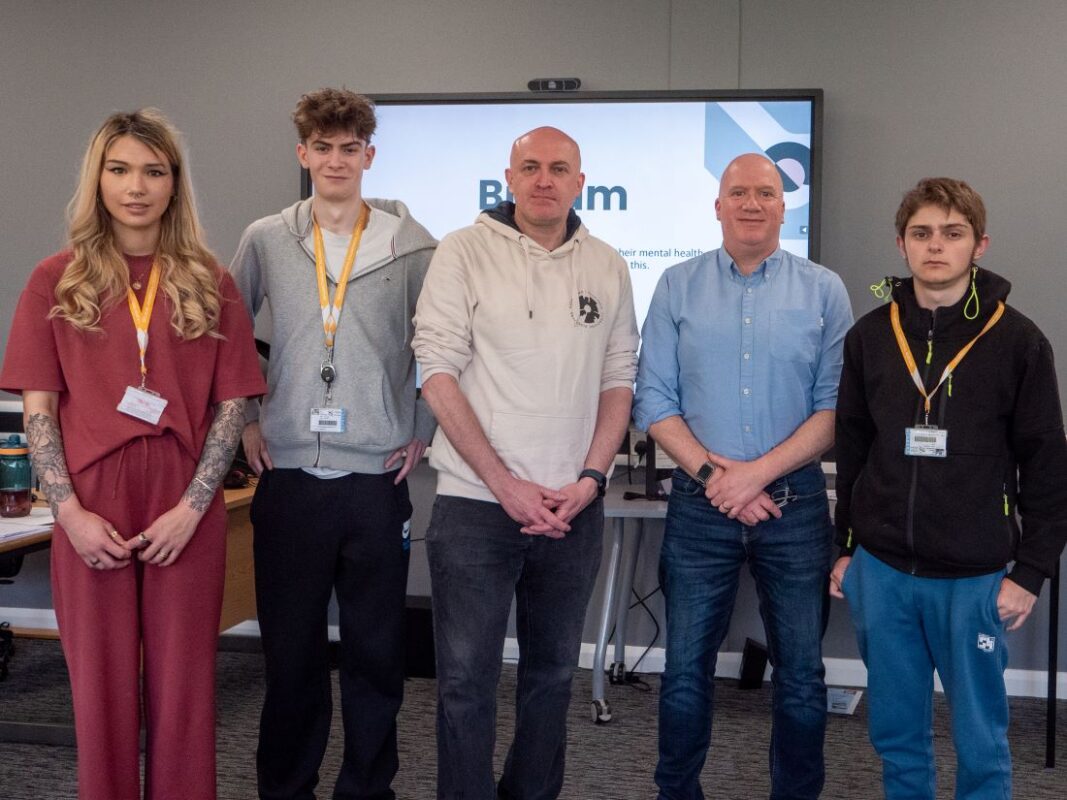Turing Scheme: an excellent opportunity for effective partnership between HE/FE institutions and training providers

Applications are now open for the Turing Scheme 2022-23 and as an experienced operator of the predecessor Erasmus+ programme and now Turing, we will certainly submit another bid for grant funding before the deadline at the end of April.
Universities, colleges and schools can all apply and so can independent training providers (ITPs). At Twin Training, our model has been to partner with FE colleges and deliver programmes abroad for their students in attractive destinations such as Dublin, Seville, Lisbon and Valencia. We are about to add France, Malta and Cyprus to the list.
A major reason for our enthusiastic participation is that many students secure jobs as a direct result of their work placement on the scheme. Other student benefits include development of employability skills, cultural awareness, programme affordability and the chance to speak a foreign language. Students submit feedback reports to us after their programme and many record how much their self-confidence has grown during their stay which typically lasts three months.
Students do not need to pay additional tuition fees because the education institutions are expected to waive fees for the placement. Travel costs are met by the scheme and students can be eligible for cost of living grants up to £335 per month. For students from disadvantaged backgrounds, this can rise to £455 per month. According to UCAS, more than 19,000 (48%) of the placements approved for funding this year are for participants from disadvantaged backgrounds. Students with special education needs and disabilities also receive additional support.
Job outcomes for college students
Twin Training’s recent cohorts have included students from colleges in London and the south east and the acquired work experience has landed them employment in sectors such as digital marketing and hospitality either in the UK or with the host employers abroad. With some coming from disadvantaged backgrounds, our view is that the partnership certainly delivers on the levelling up agenda in terms of social mobility and widening participation.
Having been awarded Charter Holder status for Erasmus+ and having successfully sent many thousands of students abroad in the last 15 years, we can say that arranging a high quality programme on Turing is not a simple exercise, but the employer engagement and work placement element does play to an independent training provider’s strengths. Therefore Twin Training urges other providers either to apply for 2022-23 funding or enter Turing partnerships with universities or colleges. In deciding whether to bid, providers may wish to consider the following recommendations on what constitutes a good programme:
- Understanding the requirements: Some institutions struggle to take up their full funding for the new Turing scheme because they may not have appreciated the demands the scheme places on overseas partner identification, screening and oversight, not least with the additional safeguarding dimension of students overseas.
- Securing suitable work placements: It can help if the provider works with the host country partner to find work placements in sectors in which it has experience and where there is obvious employer need to fill vacancies.
- Dealing with the pandemic: It is important to keep up to date with the latest travel advice across Europe as well any new requirements brought on as a result of Brexit. Having proper Covid tested meet and greet arrangements for students ensures that placements get off to a good start.
- Monitoring placements: Methods of monitoring should be well thought through and formal reporting by students is recommended at specific points during their placement. The provider should also be committed to liaising with hosts as frequently as possible to obtain feedback and comments on results. Robust systems need to be in place to gather whether objectives are being met.
- Keeping within budget: The programme auditors will check that all budget expenditure reported is accurate and that there are no issues of eligibility. The total awarded budget cannot be increased and so if expenses are becoming too high for unexpected costs such as Covid tests or special insurance, it is prudent to think of travelling during a less restricted time when these costs would not be necessary.
- Sharing positive outcomes: A successful programme should involve from the outset a range of different methods to display the results which do not solely rely on social media. Individual students should be encouraged to share good employment-related outcomes, for example through LinkedIn profiles, which certainly have a positive impact on participants.
The programme requirements mean that for some colleges, an experienced partner with a proven track record for end to end support – i.e. from bid to student screening and induction, travel and accommodation, partner and placements and a 24-hour helpline – may help them to use the grant funding to best advantage for their students.
In the Turing Scheme, Twin Training sees all the advantages for today’s students that Erasmus+ offered plus the added attraction that they can now travel worldwide. They benefit from overseas work placements, developing in-demand skills, and the funded experience is available to students from all backgrounds. But don’t forget that the application deadline is at the end of this month!
Caroline Fox is CEO of Twin Training International











Responses